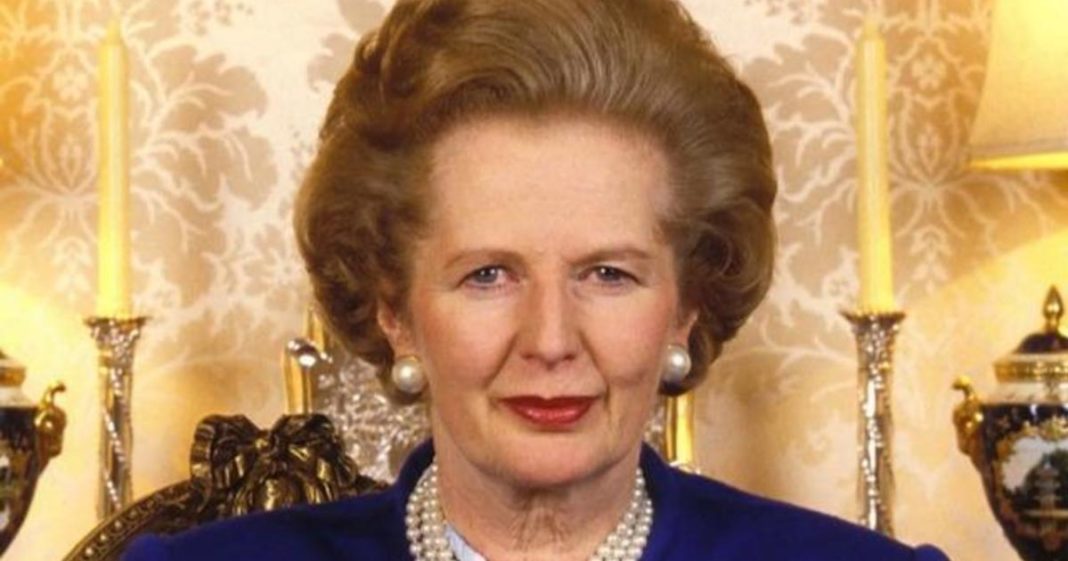This post is inspired by an exchange I had with my fellow facilitator Niamh McNally recently. I met Miamh in a facilitation course we both attended, and we started talking after she read my piece about servant leaders. She commented that the piece resonated with her because her organization wanted her to step up as project manager. She felt that the role is primarily administrative and that, especially as a non-technical person, she was “just the babysitter [of the project].”
My reply was this: “Don’t knock the babysitter. She’s the one who decides who gets a treat and when you have to stop playing and go to bed. You can wield tremendous power within a project without being at all technical.
A lot of the training and mindset around facilitation in general, and Scrum Mastership in particular, centers around the idea of neutrality. The Scrum Master facilitates but does not dictate. They do not make decisions, and ideally they don’t offer opinions about team decisions (outside of the realm of Scrum process). This core tenet of the role is one of the main reasons why I think we shouldn’t call Scrum Masters “leaders,” because it undermines their neutrality.
To understand why the neutrality of the facilitator is so important, it is enough to look at someone who acts without it. Take for example Mitch McConnell, the person who as US Senate Majority leader sets the agenda for that institution. On many occasions, Mr. McConnell refused to allow a vote on election reform on the agenda of the Senate. This is not a political blog, and I will not opine on McConnell’s decision here. But from an agile leadership point of view, a major part of a facilitator’s job is to let all the voices in the room be heard, and this certainly did not happen in this case.
Of course, most of us do not lead major political institutions, but the job of a facilitator still requires the same impartiality as if we were, and as ever, anything that is true in face-to-face interaction is doubly true in remote settings. Imagine the power Mr. McConnell would wield if he could literally mute participants in a discussion of a bill! A remote facilitator has all that power and more.
In a remote meeting, the facilitator (usually the Scrum Master) is the one who hosts the meeting online, sets the agenda (and sends it to participants in advance), controls any 3rd party collaboration tools (like a miro board), and invites the participants. This means they wield an enormous amount of power. The facilitator sets the tone of the meeting, they choose the format, they decide if there will be ice breakers, breakout groups, or indeed any kind of discussion, and they call upon the participants to talk and present their point. Their power is so great during a meeting that often even senior stakeholders and C-level executives will defer to them when they break in.
As a Scrum Master and a manager, I have been on both sides of this equation. I have seen first hand what a huge difference good facilitation makes, and how difficult it is to achieve a balanced neutral tone in a meeting. It is one of the most important skills a facilitator can have, and one of the greatest ways by which they serve their organization. It may seem somewhat counter-intuitive, but sometimes the best thing you can do for a discussion is to stay out of it.
Want to talk more about remote facilitation or anything else in the agile sphere? Drop me a line at boaz@makecodebetter.com, or through my linkedin page!

